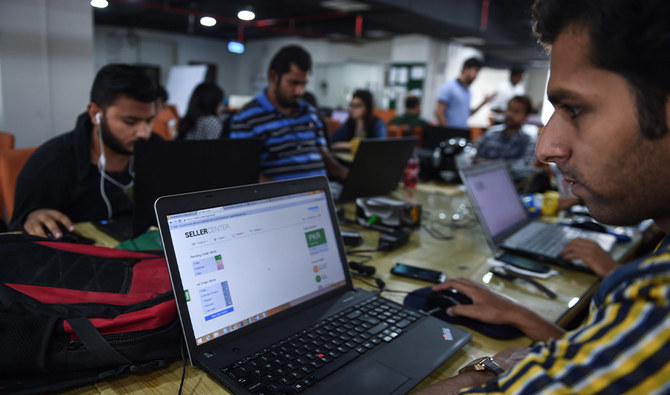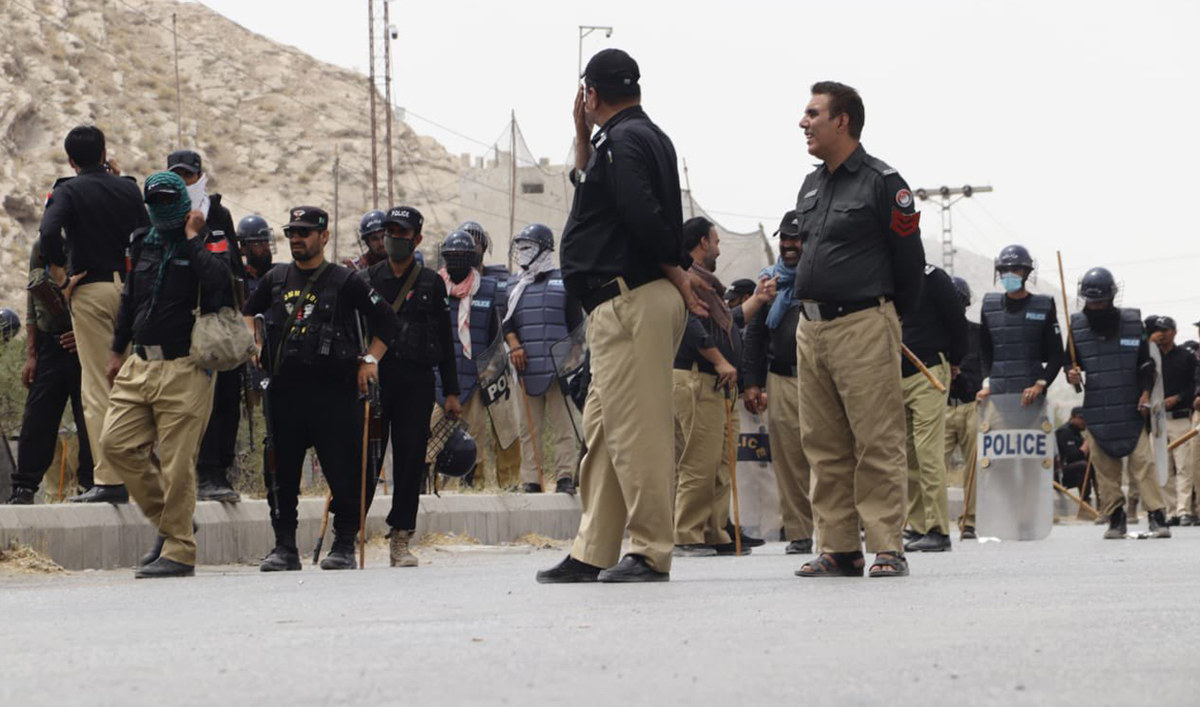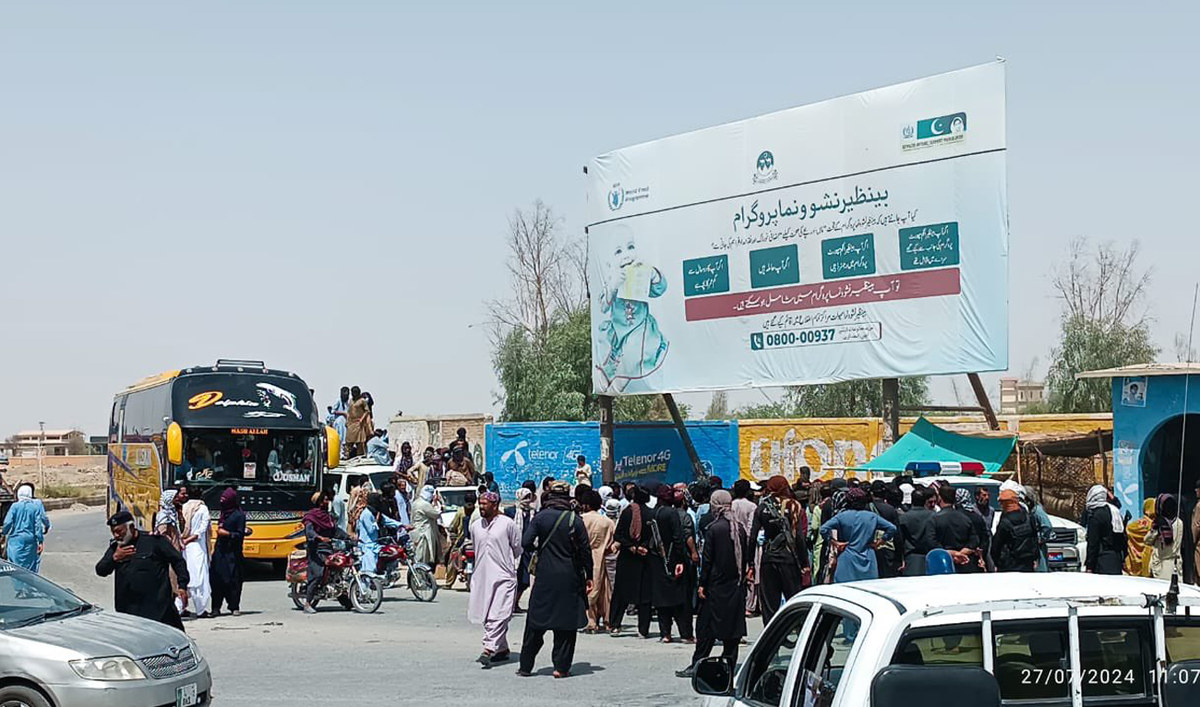KARACHI: Venture capitalists poured over $85 million in funding in Pakistani startups in the first five months of 2021, with fintech companies riding a wave of interest by overseas investors, according to data from Invest2Innovate Ventures, which supports early-stage enterprises in untapped developing markets.
Pakistani Internet platforms engaged in finance and business, or fintech companies, have fetched around $22 million, mostly in foreign funding, since January 2021, according to Alpha Beta Core, a tech-driven boutique investment banking and financial advisory services platform. These include recent deals by TAG Innovation, KTrade and Abhi who have raised $12.1 million in total in separate rounds.
Industry experts say Pakistan’s increasing mobile phone penetration and growing young population are major attractions for foreign funding in startups. Official data shows Pakistan has 85 percent teledensity with 183 million cellular, 98 million 3G/4G and 101 million broadband subscribers.
The decrease in global air travel during the coronavirus pandemic has also provided an unexpected advantage for startups in Pakistan, cutting out the requirement that investors visit the country as part of the due diligence process, and making them more open to discussing deals remotely over Zoom or other video conferencing platforms.
Syed Amin Ul Haque, federal minister for IT, told Arab News fintechs were “gaining traction” in Pakistan due to government measures to create an “enabling environment,” including by increasing broadband connectivity and reducing taxes on telecoms.
“IT enabling environment has been created in Pakistan through policy measures,” Haque said. “Withholding tax was 12.5 percent and now it has been approved by the cabinet to bring it down to 10 percent, Federal excise duty on SIM cards was 17 percent and now we have reduced it to 16 percent. All these measures will be part of the financial bill in the upcoming budget, to be implemented from first of July 2021.”
He said during the last 10 months of the current fiscal year, IT exports had increased by 46 percent, the minister said.
Kalsoom Lakhani, founder and partner at Invest2Innovate (I2I) Ventures, told Arab News data collected by her firm showed Pakistani startups had already raised close to $85 million in funding.
“Which means we have surpassed the total amount, $65.6 million raised in 2020, by the middle of the [current] year,” she said. “Most of the funding has been made in e-commerce... but a high number of deals in fintechs, mainly pre-seed and seed, were made.”
Khurram Schehzad, CEO of Alpha Beta Core, said the growth of fintech in Pakistan was because of a realization that the country’s growing retail, wholesale and trade sectors required a better financial ecosystem.
“Pakistan is a highly under-tapped market as far as financial inclusion goes — only under 25 percent of the population is banked while cash is rampant for payments,” Schehzad told Arab News. “There is a massive retail, wholesale and trade sector which needs a financial ecosystem with ease and comfort … All these pain points, with a large middle class and tech-savvy population and youngsters, there is a need for solutions at various stages of the financial ecosystem”.
TAG, Pakistan’s first digital financial super app, last week announced it had closed $5.5 million in a pre-seed round led by Venture Capitals Quiet Capital management and Liberty City Ventures from the United States and Fatima Gobi Ventures. The funding round is the largest ever pre-seed in the Middle East, North Africa and Pakistan region.
“The funds will be utilized to give access to Pakistan’s large unbanked population through digital accounts,” TAG co-founder and CEO Talal Ahmed Gondal told Arab News.
Ali Farid Khwaja, chairman of Karachi-based stock brokerage KASB Securities that owns and operates stock trading app KTrade, said the company wanted to “target 10 million mobile phone users to invest in Pakistani stocks within the next four years.”
“We will be spending money to educate how to become partners in the country’s mega corporations and connecting them with financial markets,” he said.
The KTrade app, which launched in 2019 and allows investors to trade in equities at the Pakistan Stock Exchange (PSX), has raised $4.5 million in a funding round spearheaded by Hong Kong based investment firm TTB Partners and New York based VC HOF Capital. German investor Christian Angermayer also participated in the round, according to the statement issued on Monday.
Another Pakistani fintech, Abhi, a Karachi-based salary advance platform, this week raised $2 million in a seed round led by Vostok Emerging Finance. Village Global Village Global, a US-based venture capital firm focused on early-stage startups, also participated in the round, marking its first fintech investment in Pakistan. Other participants of the round included Sarmayacar, i2i Ventures, Zayn Capital, and Portman Wills, the co-founder of Wagestream, a London-headquartered financial wellness platform.
To be launched in July, next month, Abhi will provide employees with salary advances based on accrued wages.
“We have been working on this idea for the past three years and our core point was financial inclusion,” Omair Ansari, co-founder of Abhi, told Arab News. “We want to address pain points in the manual payments process and allow employees to access their salary in advance when they need it.”
The startup is currently conducting a three-month pilot run involving 20 companies from the pharmaceutical, textile, and retail sectors.
Ansari believes the Pakistani startup market is increasingly on the radar of global venture capitalists and “looking much better now.” He plans to tap the improving conditions to expand in Pakistan and then take his venture abroad.
“After focusing first in Pakistan, we plan to expand to Bangladesh, Sri Lanka, UAE and Saudi Arabia,” Ansari said. “Overseas operations are expected to commence within the next two years.”


















